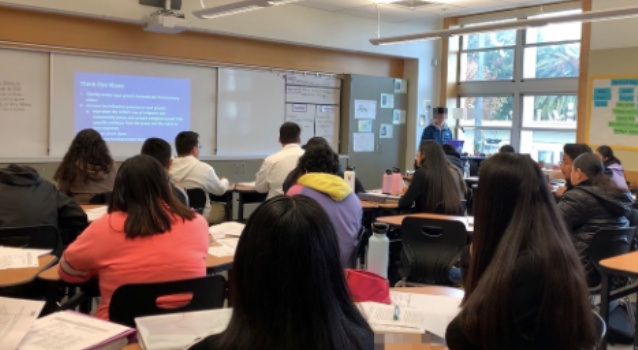The holidays are right around the corner and winter breaks are approaching. Students are getting ready to take assessments in order to demonstrate what they have learned so far this year. Families are receiving report cards with feedback from teachers on the wonderful things students have accomplished, as well as the next steps and goals for the remainder of the school year. The middle of the year is an excellent time to stop and reflect on data in order to take action once the school year picks up again in January. This data is important and can drive the goals and intentions of teachers, students, and families as the school year enters the second stretch.
For teachers:
Midyear data can be a daunting process since we often experience data as a reflection of ourselves. When we start shifting our perspective on data and detach the personal feelings attached to it, we can begin looking at data objectively for what it is; a view point into the experience our students are having both behaviorally, and academically. As we gear into the second half of the school year, it’s important for us to have an accurate picture of how our students are experiencing learning in our classrooms. Edutopia has outlined additional resources and ideas for teachers to begin interacting with data here.
For students:
Students are at the center of this entire process. When doing data right, it should be built around students and what is best for their learning and well being in the classroom. Students can also take advantage of this midyear mark to review their current progress; whether that be grades, behavior comments, college applications, SAT and ACT scores, etc. The Bill and Melinda Gates Foundation recently highlighted the work of Lindsay Unified School District in the Central Valley and how they center the goal making process around students.
For families:
When reviewing student data (such as a report card) it’s important for parents and families to focus on the positives, whether that be highlighting improvement in a particular area, or a strength the teacher mentioned. By doing so, we communicate to our children that we are interested in their progress and accomplishments; not just the points where they may be struggling. Family Education has published a resource with additional ideas regarding talking to your student about their report cards.
Winter break provides teachers, students, and families an opportunity to rest and recover for the rest of the school year. It should also, however, be an opportunity to reflect on our progress and work as a team to establish goals. The better everyone can work as a team to provide student-centered support, the higher the chances their goals are accomplished. Data is an entry point into the learning experiences happening all around us.

